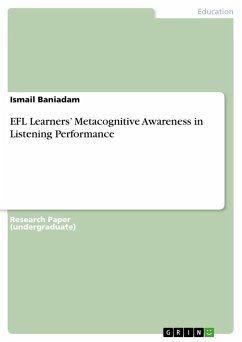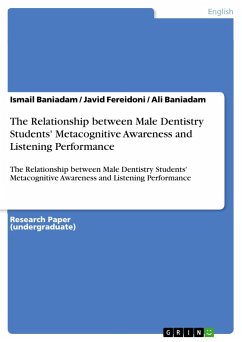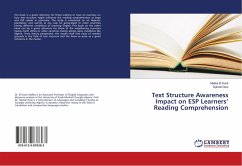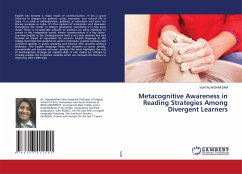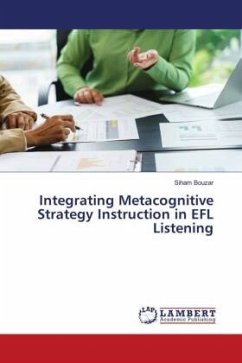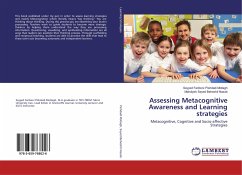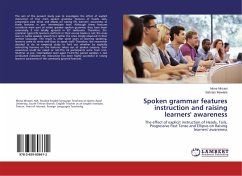Research Paper (undergraduate) from the year 2018 in the subject Didactics for the subject English - Pedagogy, Literature Studies, Urmia University (Urmia University of Medical Sceinces), course: TEFL, language: English, abstract: Metacognition defined as the knowledge and ability to monitor and control cognitive conditions in the learning process. Listening is the most important skill of the four language skills in both learning and teaching and plays an important role in our daily life. Although nowadays there is a deeper perception of listening, it needs more attention and research. The present study investigates the relationship between the Metacognitive awareness and listening performance of English as foreign language learners. The participants were 50 Iranian male students of English language institutes. They completed Metacognitive Awareness Listing Questionnaire (MALQ) and listening section of the final exam. First the listening section were of the final exam was appliedto the participants at classrooms by the teacher. Immediately after the administration of the examination, the MALQ were conducted. The analysis exposed a weak positive relationship between learners` Metacognitive awareness scores and listening performance. Although correlation was not high, still there is more correlation in problem solving, directed attention and planning evaluation than others.

